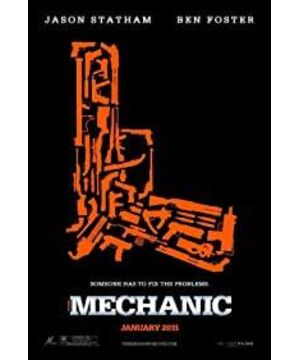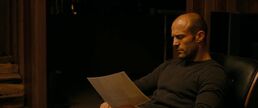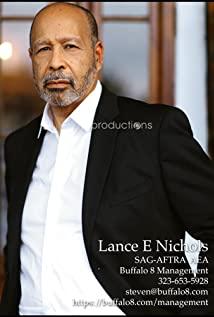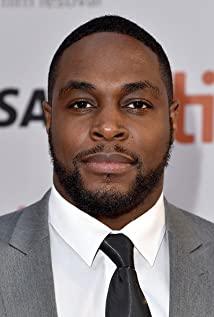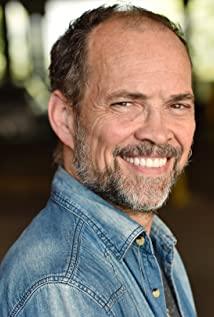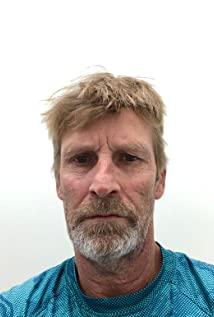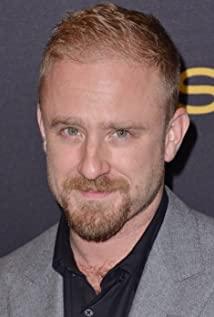directed by Simon West, starring Jason Statham, Ben Foster, Tony Godwin, Donald Sutherland.
## The opening chapter
begins with the pomp of a drug lord, who is then assassinated by the killer, pretending to be an accidental drowning. Then follow the route that the killer Arthur left, and uncover the killer's life.
Killer Arthur's confession, the detailed explanation makes people not aware of it, and it is in line with the audience's imagination of the killer. It is cold, sharp, powerful, and deeply hidden.
After that, Arthur met with the upline, or partner, Harry, to get back the commission. The course of the conversation showed that the two were familiar, and Harry's son Steve was mentioned, which foreshadowed the following.
Foreshadowing that Harry was listed as an assassination target. Foreshadowing that Harry was tricked downstairs by Arthur. Foreshadowing of Steve's actions. This is where the story unfolds.
## There are a few scenes that I prefer
, one is the opening killer monologue, which is cold and cold, and the character's tone is set. The stalls that kill friends are not soft-hearted, after that, they will be sad. But he was always such a cold killer. His world has his rules. After picking up a girl, he will give money and leave it clean. The killer boss takes evidence that Harry broke the rules, and Harry admits it, then kill Harry. When he was training Steve, he was also admonishing him to do it cleanly. He is such a clean-minded killer with his own set of rules.
The second is that Steve was trained by Arthur. One morning, he got up and stepped on dog shit, chasing and killing dogs all over the house. The soundtracks of these scenes are lively, so when the two finally want to kill each other, it becomes a desire to suppress first.
The third is that the scene of training Steve and the scene of taking him to do the task intersect, and the rhythm is tight and smooth. Especially when adopting a Chihuahua, he sold it without saying why. Just like the boss's bodyguard's ring, it's also a foreshadowing. These inadvertent foreshadowings have played a role in the back.
Fourth, Steve asked Arthur if he had ever killed a friend. Arthur speaks a little hard, but doesn't lie; Steve's eyes are red, but he doesn't make a sound. The scene is in the car, the setting is good, Arthur drives the car, presumably not noticing Steve's eyes. And Steve was repressed, probably trying to give Arthur a chance to deny it.
There is no spread, because of the danger, do not trust each other. No one wants to gamble their life on trust.
As far as Steve is concerned, he has basically determined that Arthur killed Harry. If he spread it out and asked directly, the confrontation between the two would be clear. So he won't say.
On Arthur's side, of course, the quick killer will not ask for trouble, and he will not stop when trouble comes.
Both of them clearly thought about the same thing in their hearts, but they just passed it on seemingly indifferently on the surface. Containing but not revealing, and wanting to come out.
## There are a few points I don't quite understand
. One of them is that Arthur and Harry met, and Harry complimented Arthur well. I don't know why I praised it so much. As an old partner, Arthur should have known for a long time. Why did he praise so much, and compare it with the son mentioned later?
Second, Steve asked Arthur to teach him to be a killer, and Arthur told him to go home to wash and sleep. But after Arthur returned to his own pier, looking at a beautiful cruise ship and listening to the old man's chatter, he changed his mind. This turn of events is incomprehensible. Arthur's sadness is certain, but sadness must teach the old man's children to be killers.
The double explosion traps in the house and car at the end of the film should have been set a long time ago. The trap in the house, Arthur warned Steve, not against him, but didn't tell him why he couldn't touch the record player, obviously not fully trusting. The trap in the car is named by name. Once Steve rebels, Arthur will kill him without hesitation.
This all shows that Arthur is not a person who is overflowing with sympathy. He can have grief, but he will not do things that threaten him. He has always been a cold and powerful killer.
Did Arthur teach Steve to be a killer, did he think he could keep it a secret, or did he think Arthur was a soft persimmon and wouldn't seek revenge from him? Maybe it's just that he didn't think too much about it when he made the decision. This is not in line with the quality of a killer, but it is in line with the emotion of a person killing a friend with his own hands.
Third, the woman in the bar doesn't seem to have a specific plot and doesn't know what her character means. Maybe a borrowed prop?
After Steve barely completed the task of the first one-mile operation, the two went to the bar again, and it was this woman. The dog raised for the mission was given to this woman.
Maybe her existence is to say that only two people who do not know each other deeply can get along happily. Harry and Arthur were good friends, but they knew each other too well, and when the guns were turned, that understanding became the deadliest weapon. The more familiar Steve and Arthur became, the more tacit understanding they became. In the end, they knew the most unacceptable fact. If they killed each other, they would die.
## One point, I don't really like
that other killer who showed up at the airport. Arthur asked the boss to slander Harry from his mouth. The killer said, you're not really angry that you killed Harry, you're angry that you were deceived. Not really. Even if that's the case, it doesn't matter, Arthur's character is set to one degree of gray, and two degrees of gray, and they are all dark gray anyway. However, seeing the dead killer at the airport, this encounter was too accidental. If you don't encounter it, will the truth be hidden like this, the big boss won't need to be killed, and there will be no later crash drama. The thread that hangs the curtain of the big play is too thin.
So here is a question, why did Harry admit it, since it was not a violation of the rules. Even if Arthur doesn't kill him like he said, the boss will send someone else to kill him. Or maybe because he was dead, he didn't want his friends to fail, so he lied and let the other party kill him. So he'd say you will live with it to beat Arthur. Is that so? But he didn't think about it, Arthur would indeed remember it for a lifetime. In other words, he could not escape death, and he used this death to make Arthur sad and make him pay the price for killing his friend.
In fact, at that time, when a person was pointed at by his friend with a gun, he probably didn't think so much about the possibility of the sentence "you will live with it". After all, the human heart is separated from the belly. You want him to feel better, maybe he won't be sad for long at all, and then really forget that there was a friend like you who thought about him until he died.
## There is also a question
why Harry shoots his car, as he said, he wants to change the killing script a little, change such an insignificant detail, and save a little dignity?
The movie gave two close-ups of Harry's gun, the carved characters on both sides of the gun, and the victory favors those who are prepared.
This gun is indeed an important prop in the following text. Steve discovered the truth and Arthur discovered the murder because this gun appeared in a key position.
Thinking of this, I was a little apprehensive. Harry shot his car and let Arthur kill himself with the gun, so the gun can't be left at the scene, otherwise it's not like a carjacking crime, but something else. Then this pistol, which fired a total of four shots, was brought back by Arthur. Then there is a close-up, when Steve found the gun, he recognized it was his father's gun, he looked at the magazine, it was obviously used. So began to suspect that Arthur killed his father. And use the same gun to detonate a gas station to kill Arthur.
Did Harry really expect this gun to tell him the truth that he had died at the hands of a friend? It's worse than meeting that particular person out of thousands at an airport.
So why on earth did he shoot at the car? Or, he wanted to test Arthur. When Harry took out the gun and pointed it in Arthur's direction, would Arthur suddenly pull the gun and kill him? Arthur didn't move, but did shoot after he said "you will live with it".
## In the end
, the three views of the movie do not have to be positive, and the three views of this movie are not crooked, it is a kind of gray. Everyone has his own way of living.
Steve has studied hard and won a scholarship. But his relationship with his father was not good. He had already explained it at the beginning. Maybe it was rebellion, anger with his father or other reasons. He beat his girlfriend and sold drugs. The road of life has gone astray. Steve's past is supplemented by a few lines from Arthur, and there is no need to look back and present a single scene, because that is not the main plot. Save the net.
The biggest crook is that such a cold-blooded killer lived to the end and continued to be his cold-sharp killer. He received the task, killed his friend, took in and trained his friend's children out of emotion, and prevented his possible rebellion, and the rebellion would have to die.
In the end, Mr. Killer was the winner after all, driving off-road to the dusty sunset.
View more about The Mechanic reviews


